45 from product labels identify the active ingredients of cleaning products used at home
Labels - Understanding ingredient labels - Center for Research on ... Typically, you'll find "water (aqua)" listed as the first ingredient, this means the majority of the product is made up of water. Next, you may find "glycerin" which is a humectant or an ingredient that retains moisture. As you go down the list, you can get a sense of which ingredients make up most of the product. Ingredients In Cleaning Products | Exploration Clean Liquid cleaning products are solutions (chemicals dissolved in a liquid). Solvents are chemicals that help ingredients stay mixed and gives cleaning products the right thickness so they are easy to use. In addition, solvents can help to prevent liquid products from freezing in cold climates. Without solvents, a product will be very thick.
LESSON 8 Active Ingredients of Cleaning Products Used at Home ... LESSON 8 Active Ingredients of Cleaning Products Used at Home OBJECTIVES After. Lesson 8 active ingredients of cleaning products used. School Loyola High School; Course Title ENGLISH 1010-1; Uploaded By ElderValorKoala16. Pages 203 This preview shows page 34 - 36 out of 203 pages.
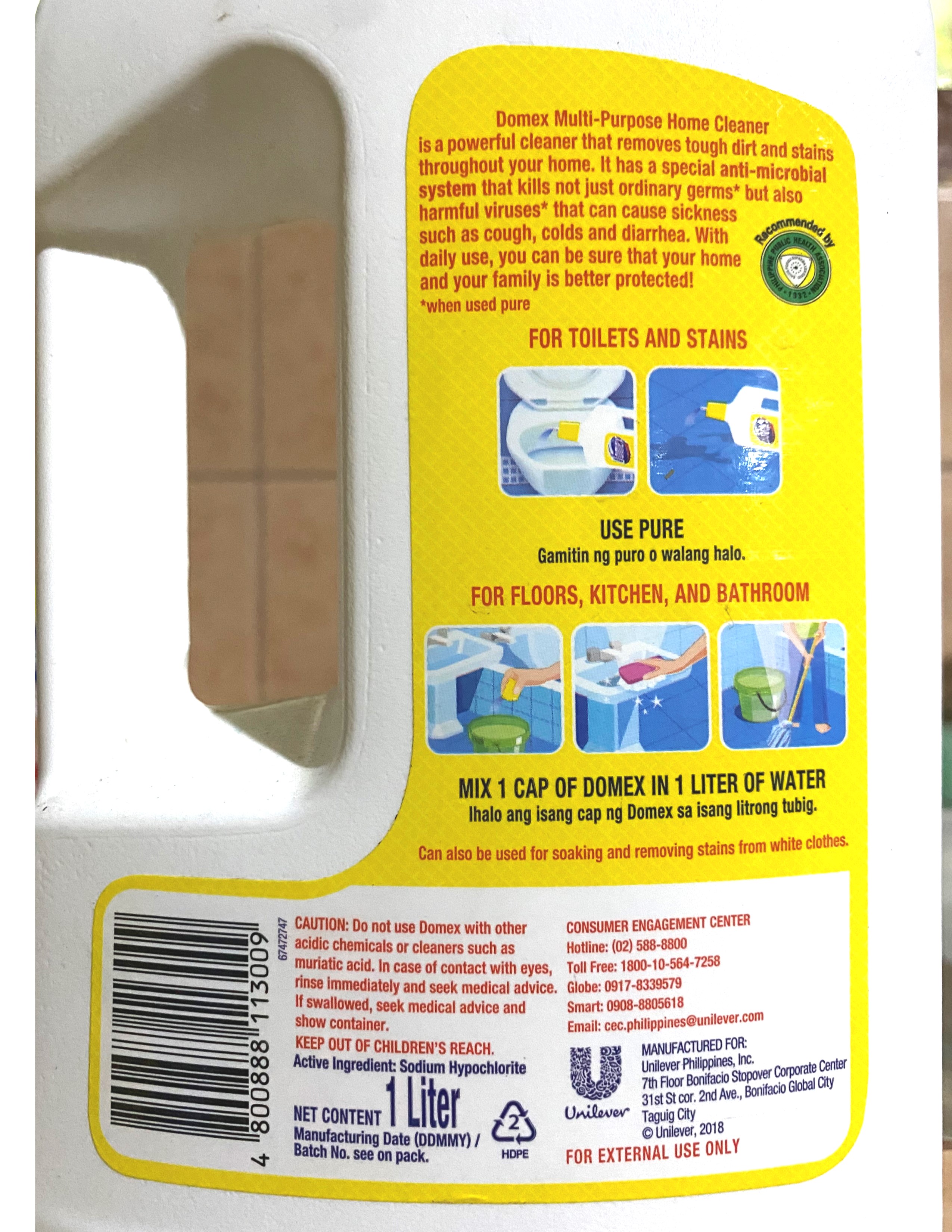
From product labels identify the active ingredients of cleaning products used at home
10 Best Natural Cleaning Products For A Nontoxic Home 6. ECOS. ECOS has been family-owned and -operated for more than 50 years, with a promise to make "green cleaning" a reality through sustainable and mindful practices. The company's facilities are powered by 100 percent renewable energy and use carbon- and water-neutral practices. Identifying Greener Cleaning Products | US EPA In addition to the Safer Choice label, EPA offers the Design for the Environment (DfE) label on antimicrobial products, such as disinfectants and sanitizers. Whether a product displays the Safer Choice label or the DfE label, the same stringent requirements and high standards must be met for that product to become certified. Active Ingredients in Detergent | eHow Home Sweet Home; Squeaky Clean; Active Ingredients in Detergent By Victoria Lee Blackstone Updated July 9, 2021 ... You may see surfactants simply listed as "soil suspending agents," as they're noted on the label in the active ingredients of Wings detergent, or you may see surfactants listed by their chemical names, such as "sodium laurel ...
From product labels identify the active ingredients of cleaning products used at home. How to Read a Product Label - Cleaning Institute Elements of a Label Review the four key elements of a cleaning product label and what to look for in each section: Directions, Caution Warnings, Ingredients and Storage and Disposal Instructions. Cleaner Disinfectant SmartLabel A growing number of cleaning product companies and brands are using SmartLabel. Cleaning Naturally with Lemons, Vinegar, and Baking Soda - The Spruce Cleaning paste: Mix lemon juice with vinegar or baking soda. Dishes, surfaces, stains: Cut a lemon in half and sprinkle baking soda on the cut section of the lemon. Use it like you would a sponge. Furniture polish: Mix 1 cup olive oil with 1/2 cup lemon juice for a natural furniture polish for hardwood furniture. Garbage disposal drain odors: Put a whole lemon peel or orange peel through the ... PDF K to 12 BASIC EDUCATION CURRICULUM SENIOR HIGH SCHOOL CORE SUBJECT ... ingredients in cleaning agents 4. give common examples of personal care products used to enhance the appearance of the human body 5. identify the major ingredients of cosmetics such as body lotion, skin whitener, deodorants, shaving cream, and and perfume 6. explain the precautionary measures indicated in various cleaning products and cosmetics NEA | List of household disinfectants and self-disinfecting surface ... Active Ingredients and Their Working Concentrations Effective Against Coronaviruses #Products with hydrogen peroxide as the active ingredient will be assessed on a case-by-case basis; efficacy reports should be provided by the supplier. *Alternative name: alkyl dimethyl benzyl ammonium chloride
Product Labels: How to Identify Chemicals and Other Ingredients - WebMD The Consumer Products Safety Commission regulates labeling for most hazardous household products. This includes cleaners, car wax, battery acid, drain opener, and the like. These products are... Indoor Air | Chemicals in Cleaning Products - Allergy Standards Ltd The majority of classes in Table 1 incorporate synthetic chemicals, which are often more effective (and cheaper) than natural sources. Listed below are some common chemical ingredients found in cleaning products: 1. Bleach (sodium hypochlorite) Bleach is often used in cleaning solutions to whiten or remove stains. 3 Apps For Checking Product Ingredients in Products | EcoDiscoveries ... For Cleaning Products: GoodGuide: This app lets you scan or search a robust database of over 250,000 products across multiple categories. Search for household cleaning products and get information on the ingredients they contain and 10-point rating based on its health, environmental, and social impact. Cleaning Supplies and Household Chemicals - American Lung Association Many cleaning supplies or household products can irritate the eyes or throat, or cause headaches and other health problems, including cancer. Some products release dangerous chemicals, including volatile organic compounds (VOCs). Other harmful ingredients include ammonia and bleach. Even natural fragrances such as citrus can react to produce ...
EWG's Guide to Healthy Cleaning | Decoding the Labels To be safe, store all of your cleaning products away from heat sources. Corrosive/Caustic. "Corrosive" or "caustic" substances can cause serious chemical burns to the skin, eyes or lungs. Bleach, oven cleaners and drain openers are primary offenders. Avoid these products at home, and keep them far from children's reach. Chem 101: What you need to know about active ingredients - CleanLink Here are some active ingredients found in cleaning chemicals, along with some possible side effects. Keep in mind that all of these products have both positive and negative qualities; read the label and follow all precautions to use them safely. • Ammonia is a colorless, soluble alkali gas that occurs naturally in the environment. About Cleaning Product Ingredients | The American ... - Cleaning Institute A preservative is a substance added to a cleaning product in order to make it stable and safe for a longer period of time. Without a preservative, it is possible for bacteria or fungi to grow in the product. This can cause the ingredients in the product (like surfactants and enzymes) to break down and not work as well. Household and personal care products - SlideShare Lesson Objectives Give common examples of cleaning materials for the house and for personal care. From product labels, identify the active ingredients of cleaning products used at home. 4. Give common examples of personal care products used to enhance the appearance of the human body Identify the major ingredients of cosmetics such as body lotion, skin whitener deodorants, shaving cream, and perfume
Chemical Ingredients 101: How to Read a Product Label Calcium carbonate, dehydrated silica gels, hydrated aluminum oxides, magnesium carbonate, phosphate salts and silicates aid in the removal of tooth debris and residual surface stains. 1 Sorbitol, a type of sugar derived from fruits, corn and seaweed, helps improve the taste of toothpaste. 2 An example of a toothpaste label
A List of Chemicals I Try to Avoid in Cleaning Products A QAC and surfactant that is used as a disinfectant, a preservative and an antiseptic in a wide range of products. You may find it as a preservative in wet wipes (like Water Wipes) and eye drops. It is the active ingredient in antibacterial cleaners, like Zoflora.
How to Read a Cleaning Product Label - The Spruce No phosphorous, no CFCs, and no bleach are popular things to tout on a label. But if you want to know the specifics, you often have to go through customer service to get answers. 01 of 07 Ingredients Sarah Aguirre If you really want to know what the ingredients are in your cleaning supplies, try the manufacturer, first.
Household Chemical Products & Health Risks - Cleveland Clinic Keep in mind that most household cleaning products and pesticides are reasonably safe when used as directed, and that the level of toxicity of a product is dependent on the dose of the product used (never use more than the amount listed on the label) and the length of exposure to the product. In the garage. Antifreeze.
EWG's Guide to Healthy Cleaning | Household Cleaner Ratings and Ingredients Sodium borate, also known as borax, and boric acid are added to many products as cleaning agents, enzyme stabilizers or for other functions. They can disrupt the hormone system. Many leading "green" brands sell superior products, among them Green Shield Organic and Whole Foods' Green Mission brand.
How to Store Cleaning Products Safely | Cleanipedia UK Always read the ingredients list before using any product and use products as directed on the label. The instructions are there for your safety. Know what different ingredients are used for and whether they can be harmful - keep reading to learn more about this. Avoid mixing products together.
Household Cleaning Products | Muncie Sanitary District The most common ingredients in household cleaning products include alkalies, acids, detergents, abrasives, sanitizers, and spirit solvents. Abrasives Abrasives are materials that wear off dirt by rubbing. Rottenstone, whiting, pumice, volcanic ash, quartz, marble, feldspar, and silica are prime examples of an abrasive.
Cleaning Products | Uses, Benefits, and Chemical Safety Facts To learn more about a specific ingredient used in a cleaning product, the American Cleaning Institute (ACI) has also developed a Cleaning Product Ingredient Inventory as a comprehensive list of unique ingredients used by ACI members to manufacture home use, dish care, laundry care and hard surface cleaning products. For common ingredients, ACI provides a summary of the hazard and exposure data collected, along with a summary of the screening-level risk assessment results.
S11-12PS-IIIi-j-31.ppt - PHYSICAL SCIENCE QUARTER 3 READ THE LABEL ... DEPARTMENT OF EDUCATION Learning Competency: • from product labels, identify the active ingredient(s) of cleaning products used at home (S11/12PS-IIIi-j-31) 2 DEPARTMENT OF EDUCATION Objectives • Identify the active ingredients of home cleaning products • Use the right cleaning product for different cleaning applications • Observe proper use of cleaning product for the safety of the people and the environment 3
Home Cleaning Products - 4 Safety Tips For Using Them 2. Do Not Mix Cleaning Products Together Mixing cleaning products can create dangerous and poisonous fumes. This is true for homemade cleaning products as well. For instance, do not mix chlorine bleach with either vinegar or ammonia. If you do it will create a poisonous gas. 3. Store Your Cleaning Products Safely
10 Household Products & Their Active Ingredients by sky lopez - Prezi Aleve. Active Ingredient: Flouride. Formula: F-. Purpose: Protect against tooth decay. Active Ingredient: Naproxen Sodium. Formula: C14H14O3. Purpose: Pain reliever & fever reducer.
Active Ingredients in Detergent | eHow Home Sweet Home; Squeaky Clean; Active Ingredients in Detergent By Victoria Lee Blackstone Updated July 9, 2021 ... You may see surfactants simply listed as "soil suspending agents," as they're noted on the label in the active ingredients of Wings detergent, or you may see surfactants listed by their chemical names, such as "sodium laurel ...
Identifying Greener Cleaning Products | US EPA In addition to the Safer Choice label, EPA offers the Design for the Environment (DfE) label on antimicrobial products, such as disinfectants and sanitizers. Whether a product displays the Safer Choice label or the DfE label, the same stringent requirements and high standards must be met for that product to become certified.
10 Best Natural Cleaning Products For A Nontoxic Home 6. ECOS. ECOS has been family-owned and -operated for more than 50 years, with a promise to make "green cleaning" a reality through sustainable and mindful practices. The company's facilities are powered by 100 percent renewable energy and use carbon- and water-neutral practices.
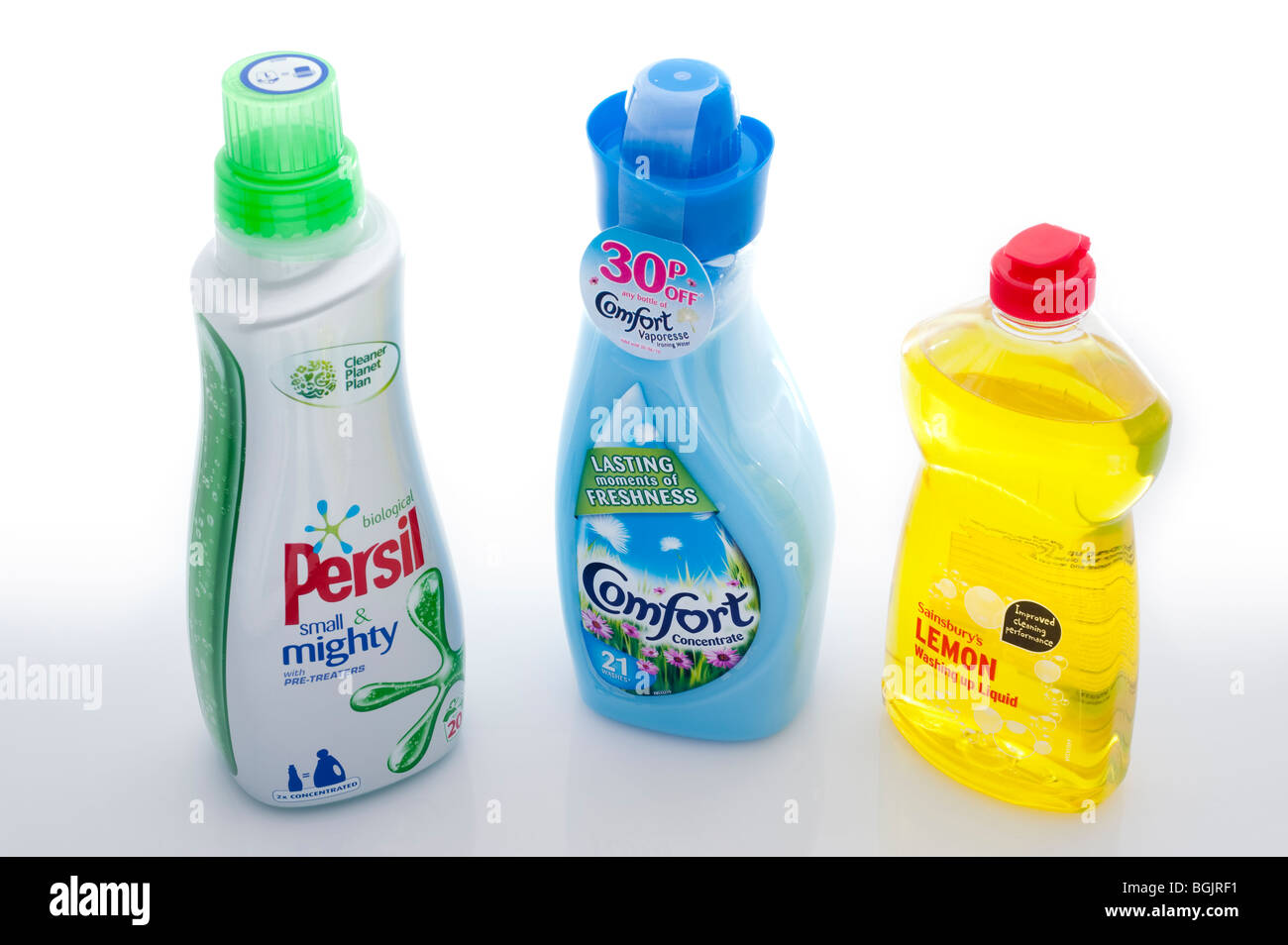
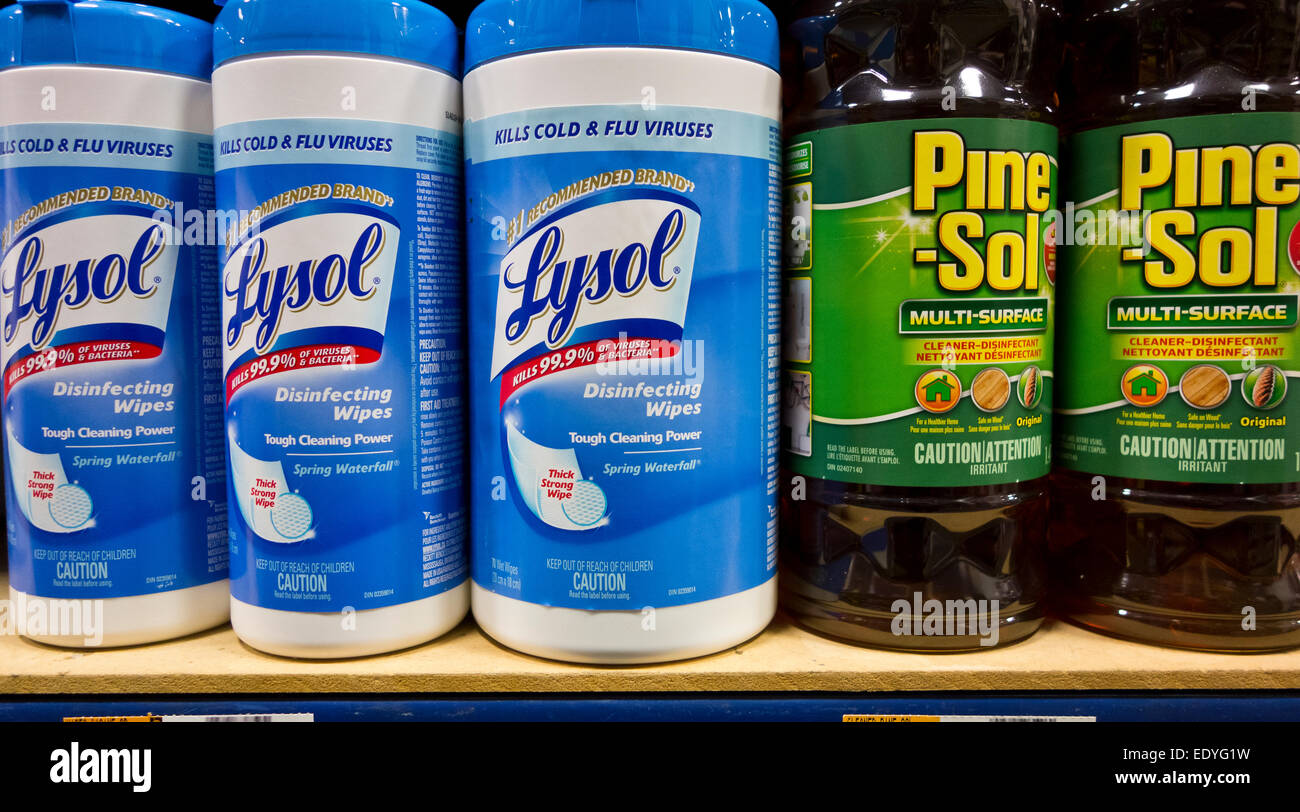
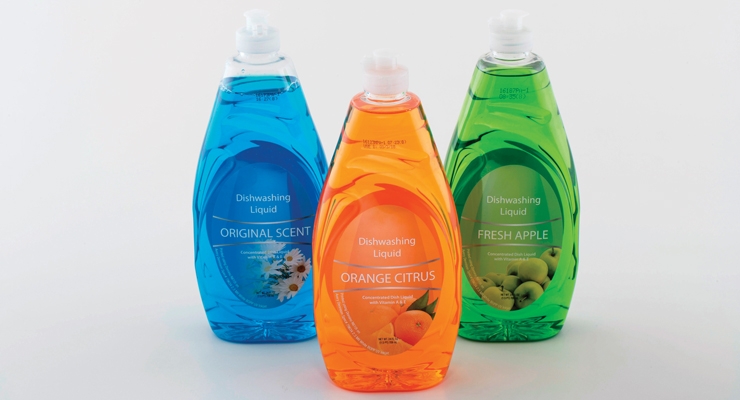

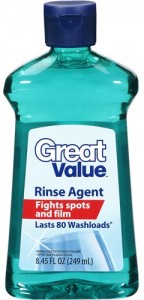



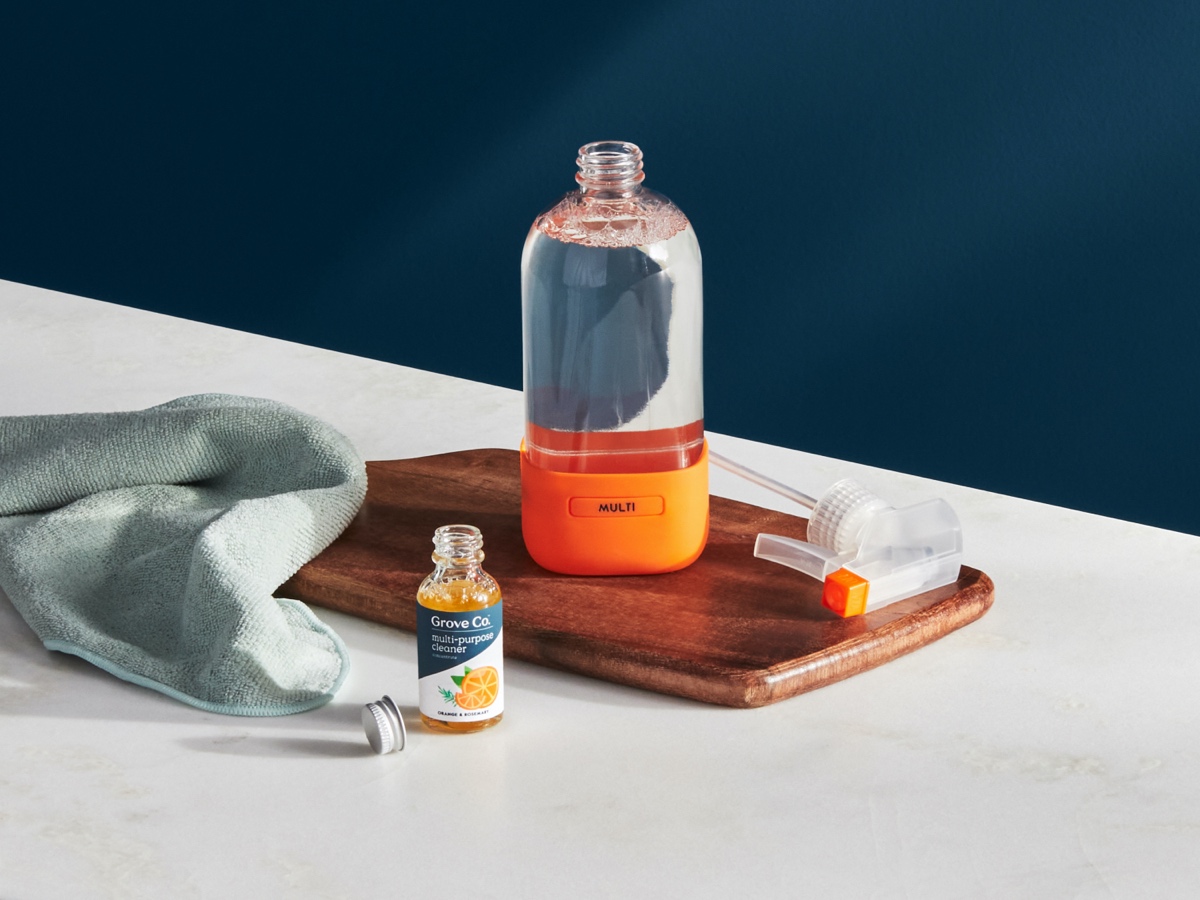

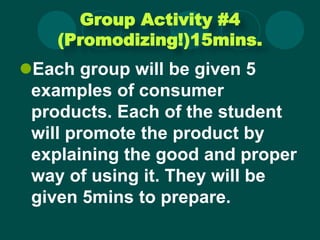
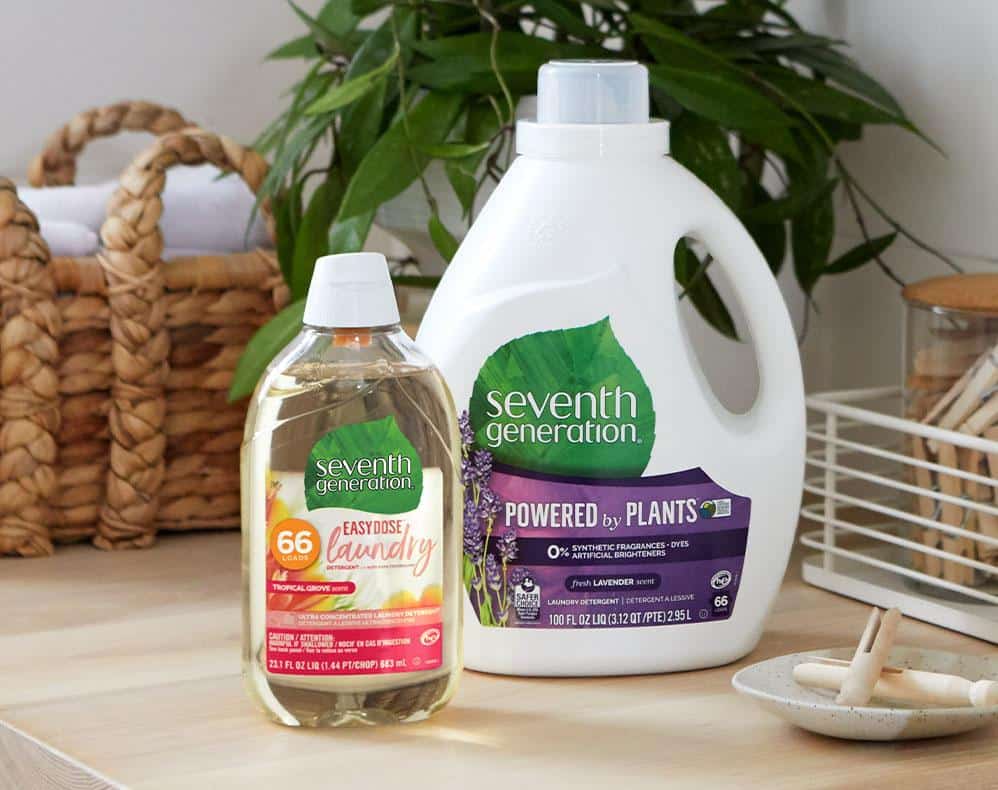

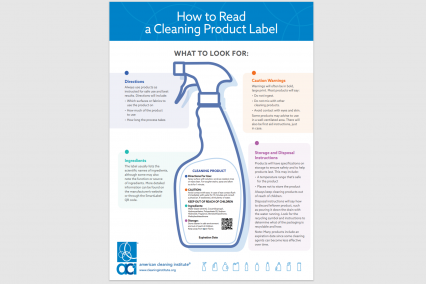



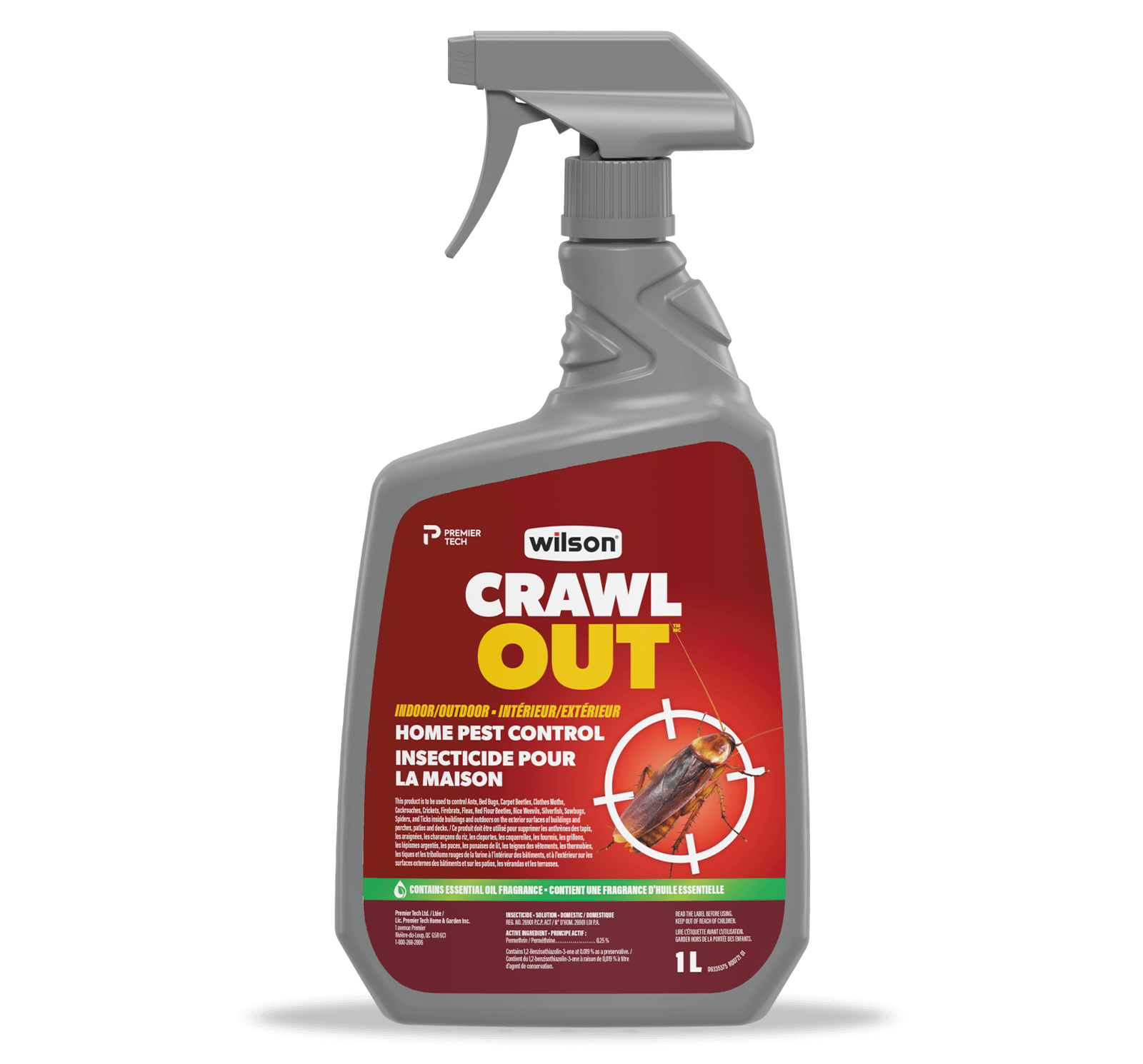
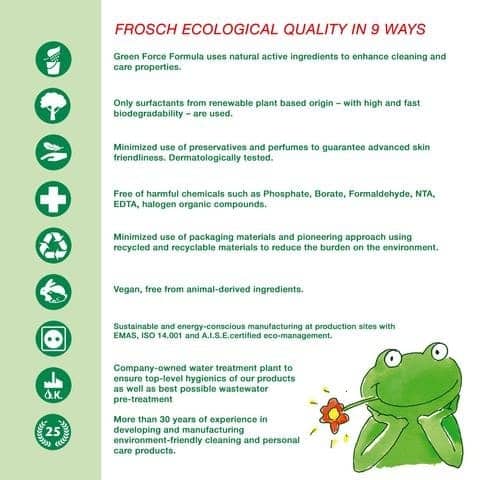


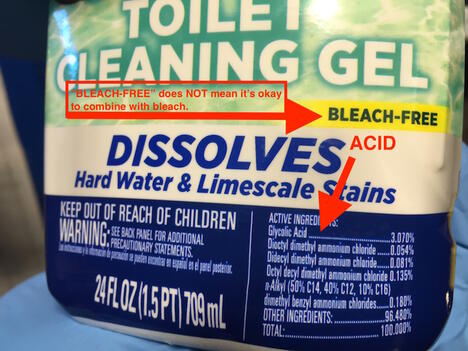


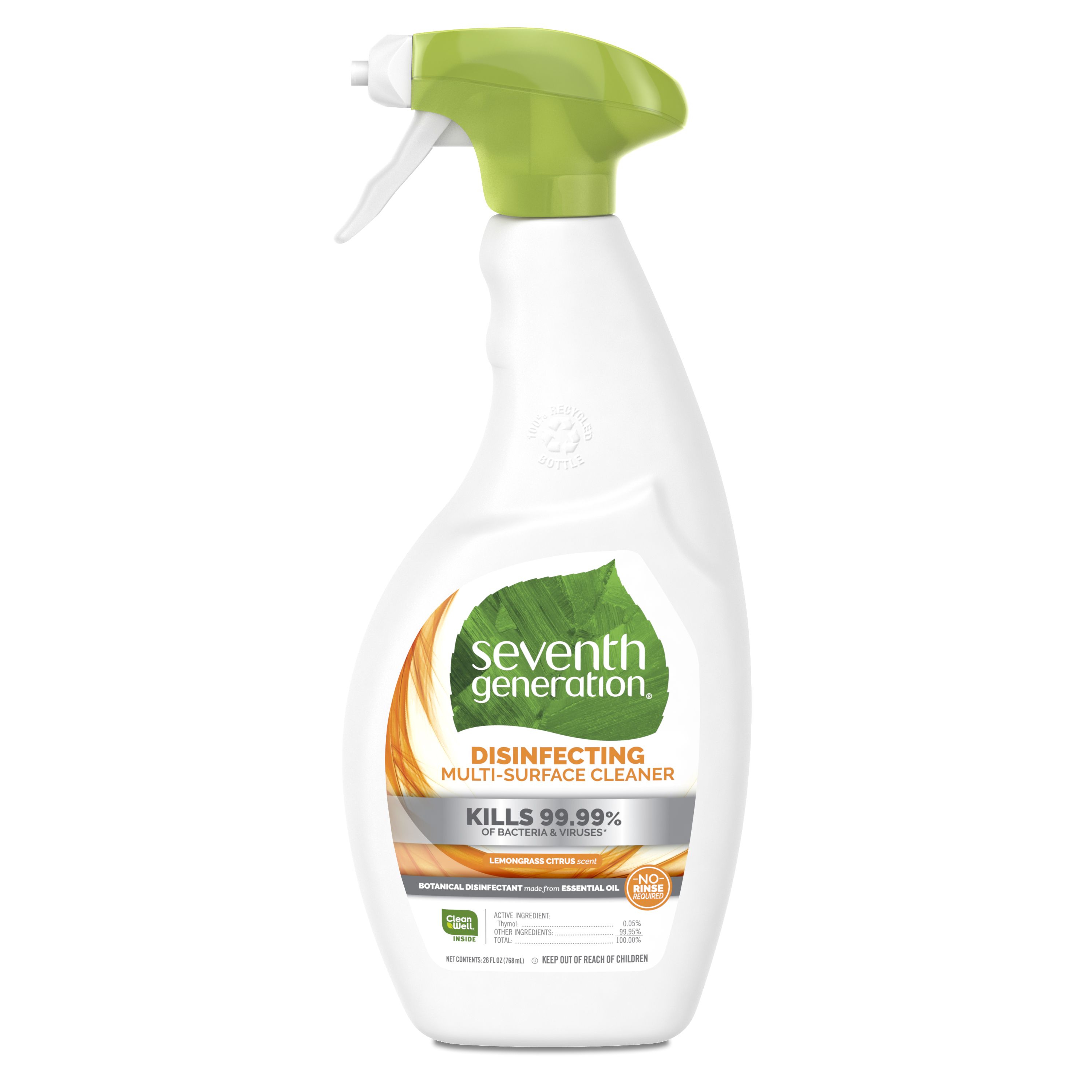



/homemade-and-natural-cleaning-products-1900456_final_3-cd0d455d6bee4370ae9aaefd902493ca.png)
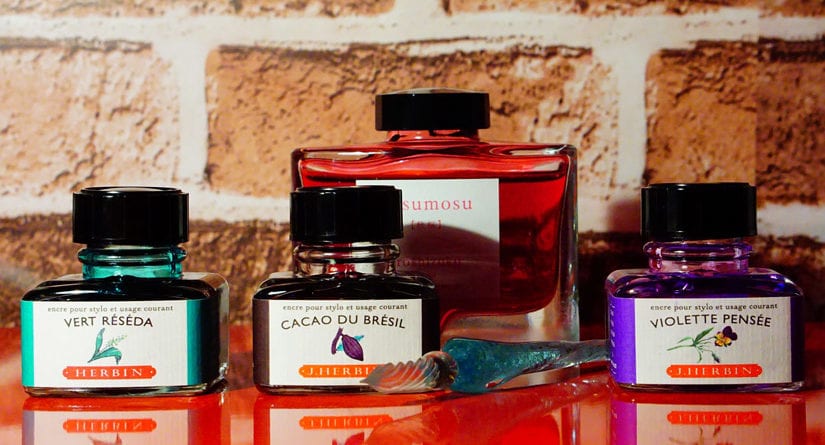



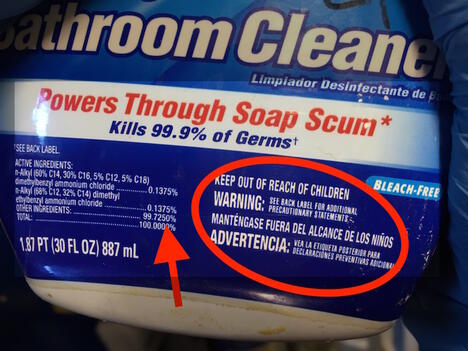


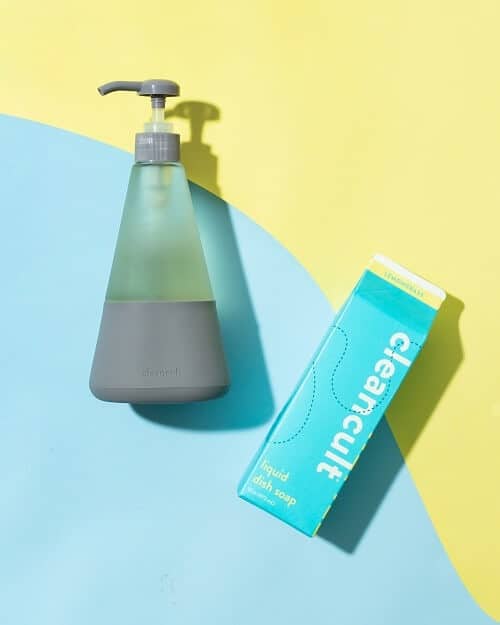

Post a Comment for "45 from product labels identify the active ingredients of cleaning products used at home"